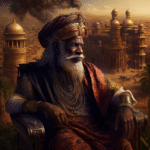
What Could World War 3 Look Like? A Simple Guide to Understanding Global Conflict
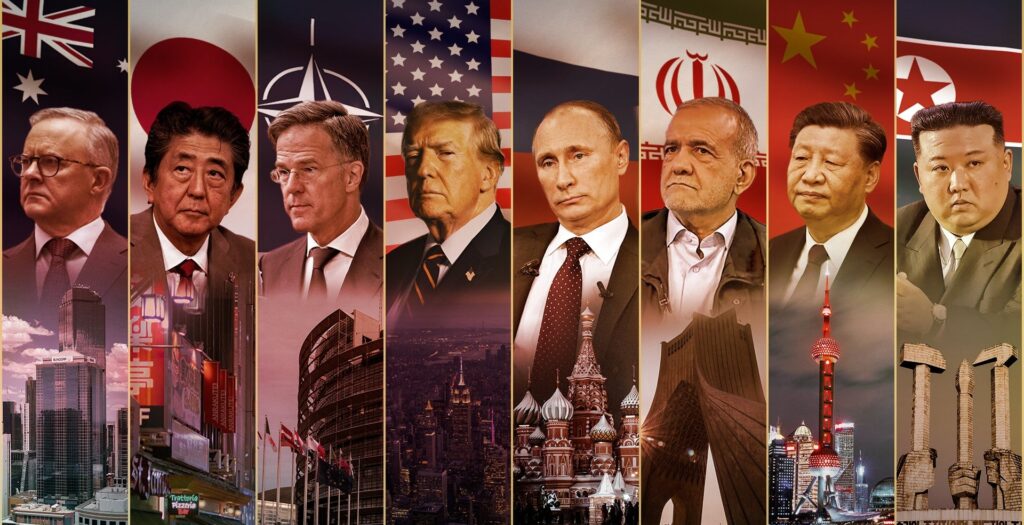
You’ve probably seen headlines about World War 3 or heard people talking about it online. It’s scary to think about, but understanding what could cause such a war and what it might look like can help us work to prevent it. Let me break it down in simple terms.
First, let’s be clear: World War 3 isn’t happening right now, and it doesn’t have to happen at all. But tensions between major countries are real, and it’s worth understanding why experts worry about this possibility.
What Could Start World War 3?
Think of global politics like a neighborhood where some families don’t get along. Sometimes small fights can turn into big ones if everyone picks sides. Here are the main “hotspots” that worry experts:
Taiwan and China
China considers Taiwan part of its territory, but Taiwan governs itself and has its own military. The United States has promised to help defend Taiwan if China attacks. This creates a dangerous triangle where one wrong move could start a massive war.
Imagine if your neighbor claimed your backyard belonged to them, and they had a big group of friends ready to help them take it. That’s basically what’s happening here, except with entire countries and nuclear weapons.
Russia and NATO
The war in Ukraine has already shown how quickly things can escalate. NATO is a military alliance where countries promise to defend each other. If Russia attacks a NATO country, all NATO members would be obligated to fight back. That could quickly involve most of Europe and North America in a war.
The Middle East
This region has been unstable for decades. Countries like Iran, Israel, and Saudi Arabia don’t trust each other. If a big war broke out here, other major powers would likely get pulled in because of oil supplies and existing alliances.
Cyber Attacks
Here’s something new that didn’t exist in previous world wars: cyber warfare. Countries can now attack each other’s power grids, banks, and internet systems without firing a single bullet. A major cyber attack could be considered an act of war and trigger a physical response.
Who Would Fight in World War 3?
Unlike the first two world wars, the sides in a potential World War 3 aren’t as clear-cut. But here’s how it would probably break down:
Team America
- United States
- Most European countries (NATO members)
- Australia, Canada, New Zealand
- Japan and South Korea
- Probably India (though they try to stay neutral)
Team China-Russia
- China and Russia (they’re not exactly best friends, but they both oppose American influence)
- North Korea
- Iran
- Maybe some smaller countries that depend on China or Russia
The Undecided
Many countries would try to stay neutral, especially smaller nations that can’t afford to pick the wrong side. Some might switch sides during the war based on who’s winning.
How Would World War 3 Be Different?
If you’ve watched old war movies, forget everything you think you know about warfare. A modern world war would be completely different from World War 2.
It Would Start with Computers, Not Tanks
Before any soldiers fired shots, hackers would attack enemy countries’ computer systems. They’d try to shut down power plants, crash stock markets, disable cell phone networks, and mess with GPS systems. Imagine waking up one day and your phone, internet, electricity, and ATM machines all stopped working at once.
Space Would Be a Battlefield
Countries would try to destroy each other’s satellites. This might sound like science fiction, but it’s real. Without satellites, GPS stops working, international phone calls fail, weather forecasts disappear, and military communication breaks down.
Robots and AI Would Fight
We already have military drones that can fly missions without human pilots. In World War 3, we’d probably see robot soldiers, AI-controlled weapons, and autonomous systems making life-or-death decisions faster than humans can think.
Nuclear Weapons Change Everything
Here’s the scariest part: several countries involved would have nuclear weapons. Even a small nuclear war could kill millions of people and make large areas uninhabitable for decades. The fear of nuclear weapons might actually prevent World War 3, because everyone knows the consequences would be terrible.
Economic Warfare
Countries would try to destroy each other’s economies. They’d freeze bank accounts, block trade, and crash currencies. Your job, your savings, and everyday products you buy could all be affected even if no bombs fell near you.
What Would Happen to Regular People?
This is what really matters – how would World War 3 affect you and your family?
Daily Life Would Change Dramatically
- Internet and phones: Cyber attacks could knock out communication systems for days or weeks
- Food and gas: Supply chains would break down, causing shortages and high prices
- Travel: Flights would be canceled, borders might close
- Money: Banks might close temporarily, credit cards might not work
- Jobs: Many businesses would shut down or switch to making military supplies
Young People Would Be Affected Most
In previous world wars, governments drafted young men to fight. Today, both men and women might be called to serve, not just as soldiers but as computer specialists, engineers, and other technical roles that modern warfare requires.
Cities Would Be Dangerous
Unlike World War 2, where rural areas were relatively safe, modern warfare could target any city with important infrastructure. Power plants, data centers, ports, and airports would all be potential targets.
The Economic Disaster
World War 3 wouldn’t just be about who wins militarily – it would probably crash the global economy worse than any previous disaster.
Think about how connected everything is today. Your phone was probably made in China with parts from a dozen countries. The gas in your car might come from the Middle East. The food at your grocery store comes from all over the world.
In a world war, these supply chains would collapse. Countries would stop trading with enemies, ships couldn’t safely cross oceans, and factories would switch from making civilian products to military equipment. The result? Massive unemployment, inflation (where everything becomes super expensive), and shortages of basic goods. The Great Depression of the 1930s would look mild compared to the economic damage from World War 3.
Environmental Consequences
Modern warfare would be an environmental disaster. Military operations produce enormous amounts of pollution. If nuclear weapons were used, the environmental damage could last for generations.
Some scientists worry about “nuclear winter” – the idea that nuclear explosions could put so much dust and smoke in the atmosphere that it would block sunlight and cause global cooling. This could damage agriculture worldwide and cause mass starvation even in countries not directly involved in the war.
Could It Really Happen?
Here’s my honest take: World War 3 is possible, but not inevitable. Several things make it more likely than in the past:
What makes it more likely:
- Countries have more powerful weapons
- Cyber attacks can escalate quickly
- Social media spreads panic and misinformation fast
- Economic competition between major powers is increasing
- Climate change is causing resource shortages that increase tensions
What makes it less likely:
- Everyone knows how devastating it would be
- Countries are economically connected (it’s expensive to fight your customers)
- Nuclear weapons make everyone cautious
- International organizations exist to mediate disputes
- Most people don’t want war
How Can We Prevent It?
The good news is that people can influence their governments to avoid war. Here’s what helps:
Diplomacy Still Works
Countries need to keep talking to each other, even when they disagree. When communication breaks down, misunderstandings can lead to conflict.
Economic Cooperation
When countries trade with each other and their economies are connected, they have incentives to resolve disputes peacefully. War becomes too expensive.
International Law
Organizations like the United Nations aren’t perfect, but they provide ways for countries to resolve disputes without fighting.
Public Opinion
In democracies, if people strongly oppose war, politicians listen. Protests, voting, and public pressure can influence government decisions.
Learning from History
We’ve seen what happens when major powers fight each other. The devastation of World War 1 and World War 2 should remind everyone why war should be a last resort.
What Should You Do?
I don’t want to scare you, but it’s reasonable to think about how global instability might affect your life:
- Stay informed but don’t panic. Understand what’s happening in the world, but remember that most news focuses on dramatic events.
- Learn practical skills. Basic first aid, how to grow food, and technical skills are always valuable.
- Build community connections. In any crisis, people who know their neighbors and have strong local communities do better.
- Support peaceful solutions. Vote for leaders who prefer diplomacy over military action. Support organizations working for peace.
- Don’t live in fear. Humans have faced existential threats before and survived. Most days, most people in most places live normal, peaceful lives.
The Bottom Line
World War 3 would be unlike anything humanity has ever experienced. The combination of nuclear weapons, cyber warfare, artificial intelligence, and global economic integration would make it catastrophically destructive. But here’s the thing: understanding these risks is the first step in preventing them. Throughout history, humans have found ways to step back from the brink of disaster. The Cold War proved that major powers can compete for decades without direct military conflict.
Yes, the tensions are real. Yes, the weapons are more dangerous than ever. But we’re not helpless observers of history – we’re participants who can influence the outcome. The goal isn’t to predict when World War 3 will happen, but to understand the risks well enough to prevent it from happening at all. And despite all the scary possibilities I’ve outlined here, I believe that’s exactly what we’ll do.
After all, nobody really wins a world war in the modern age. Everyone loses too much. Smart leaders understand this, and smart citizens can help keep them focused on solutions that don’t involve sending young people to die in foreign countries.
The future isn’t written yet. Let’s make sure we write a better one.



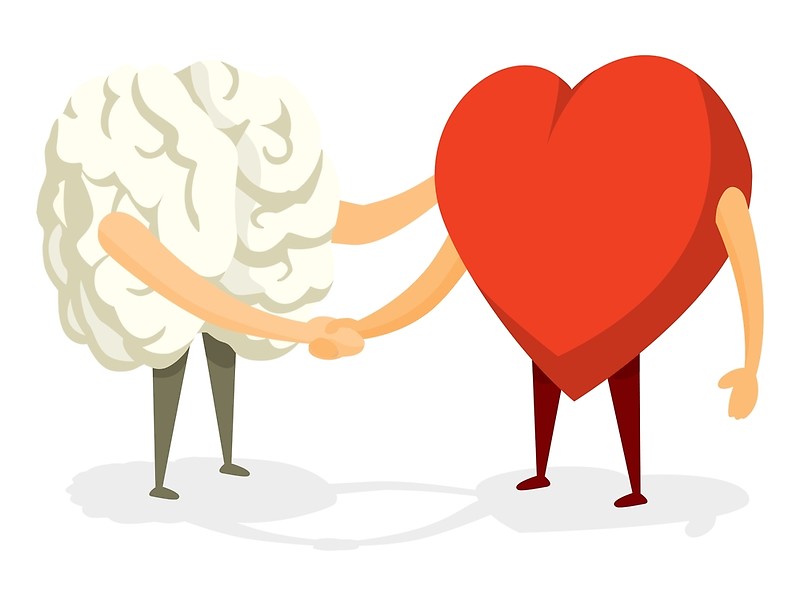



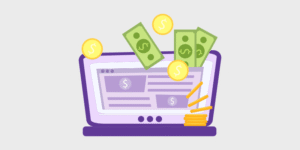



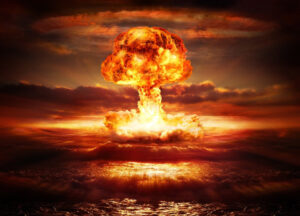
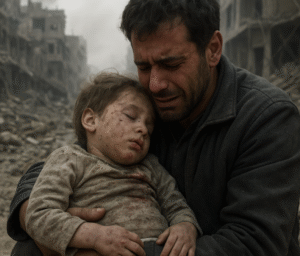

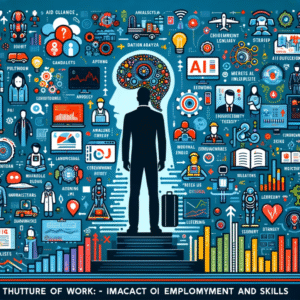

Post Comment